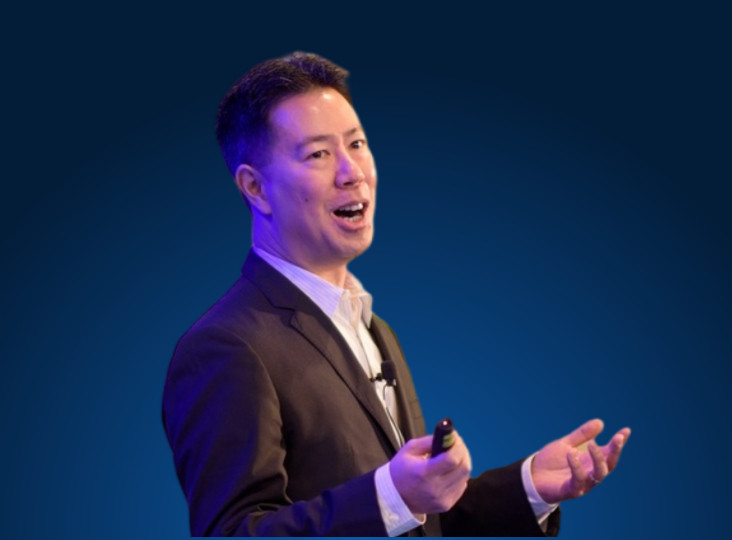The power of a personal patient experience in advancing quality of care at Children’s Mercy
For Mandy Riemer, how patient experience is delivered is personal.
As a survivor of Stage 4 colorectal cancer, and as Manager of Patient Experience at Children’s Mercy in Kansas City, Riemer brings a unique perspective gained through her personal and professional experiences.
“My diagnosis came out of nowhere,” she says. “I was 37 and otherwise healthy. It took me out of the workforce while also thrusting me into the place I had always been, which is in healthcare—just in a very, very different aspect of healthcare. Because I’ve been both the recipient of care, and the one who’s trying to ensure that we provide care in the most effective and compassionate manner, it really brought me to a place in my own career where patient experience is more of a passion now. This is something that I have to do and get to do.”
Riemer’s cancer metastasized to her liver, and her treatment required an intense series of chemotherapy, 28 sessions of radiation, and “the mother of all surgeries,” which required a lengthy recovery process followed by adjuvant chemotherapy. She says there were times in the process when it felt like her healthcare team was a beautiful orchestra of people working together, all for her—which was an incredible feeling that inspired tremendous gratitude in her. But she also occasionally experienced the other side, of providers not understanding the value of Human Understanding.
“I’ve seen where it goes well—where all of the efforts of the providers and teams and touchpoints help make sure that you return to them as physically, emotionally, and mentally as intact as possible,” she explains. “I’ve also experienced difficult interactions or conversations that left me feeling hopeless and wondering if all the members of my care team are as optimistic as the others. It’s unreal how quickly the mind of a patient can begin to make assumptions about what is or is not going on inside the mind of their provider. Words really do matter.”
Riemer says that while she doesn’t have a lot of face-to-face contact with patients now, she does have a lot of contact with the people who have the most face-to-face interactions with patients and families. She views this as an opportunity, and sees it as a gift to be able to expand her colleagues’ knowledge of the patient experience and encourage them to listen to the voices of patients and families via NRC Health’s survey data.
“We have a group of really, really data-driven providers,” she says. “One of the things that I do is let our patients and families speak for themselves. I try to quantify that through themes and trends, along with the comments. While asking targeted, process-oriented questions is helpful, the richness comes when we have more of the why, or the story behind it.” She explains that it’s all about telling a bigger story of that “why”—something she really tries to drive home with her organization’s teams, from the bottom to the top, in measuring what matters.
Children’s Mercy does that primarily through process metrics, but they also make sure they are supplementing those metrics with information gained from patient comments. The hospital receives roughly 550 comments per week—a high volume of survey returns and comments. Lately, they’ve noticed that these comments are getting lengthier in word count and are showing mixed sentiment, so they typically include something that a patient really valued, as well as something that they see as an opportunity.
“It takes more time and attention to really review the comments,” Riemer says. “We have close to 67,000 returned surveys a year—that’s roughly 7,836 hours of feedback from patients and families. It’s imperative that we incorporate patient-experience survey data in strategic planning and decision-making. We ask patients and families for feedback, and they willingly give it to us. We view it as the conscience of our hospital.”
Riemer believes the information and trust that listening process builds is worth everything to a healthcare system.
“We have this gift of the voice of our biggest resource,” she explains. “So many times, when we reach out to patients and families about a comment, they’re thrilled that it’s been read. I think people appreciate acknowledgement and knowing that they matter, knowing that they’re seen and heard.”
Listen here to the Becker’s Hospital Review’s podcast, featuring Mandy Riemer’s explanation of the exemplary patient experience at Children’s Mercy.



